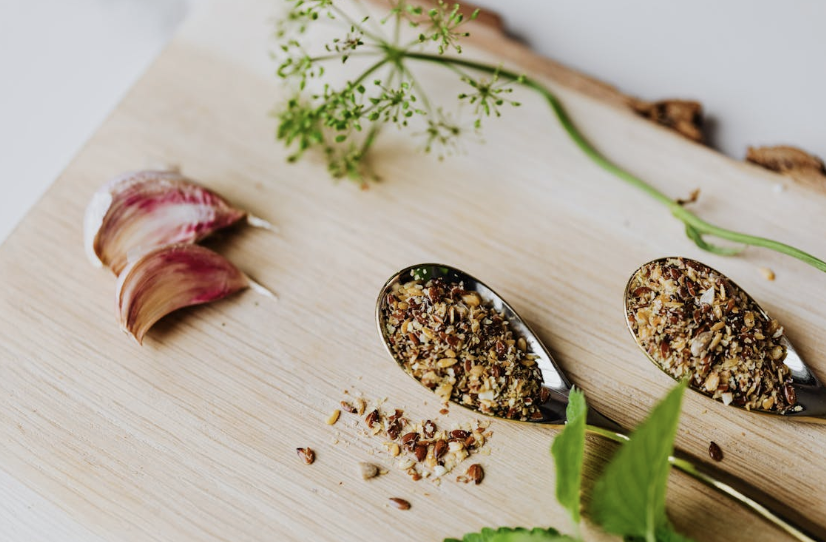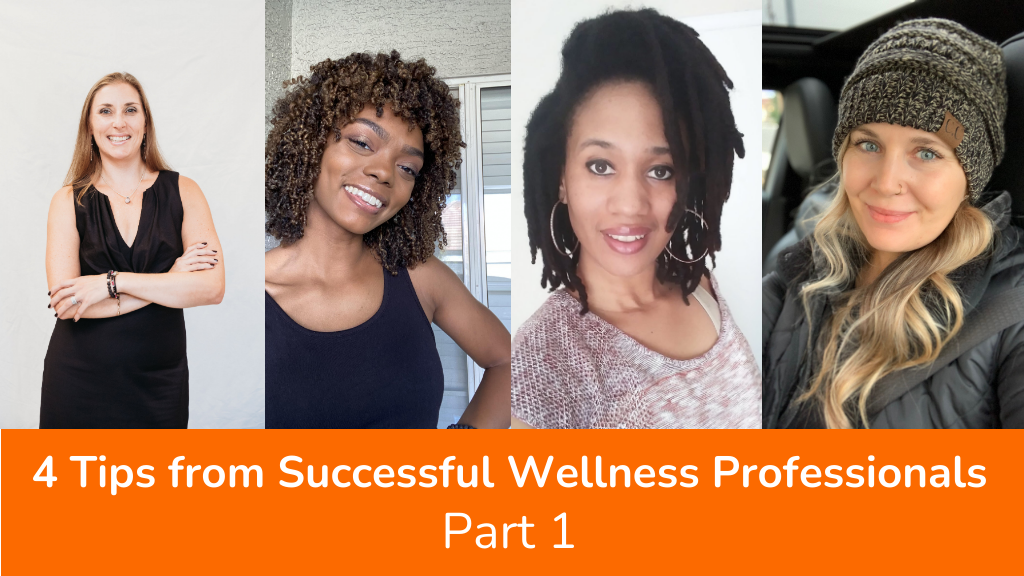Image Copyright: lzflzf / 123RF Stock Photo
As a holistic health and wellness professional, you’ve likely invested a lot of time and energy in your education (and a fair amount of money, too). But, it was worth it! You now have the accredited degree or certificate that demonstrates to the world your commitment to health and wellness and to helping others to achieve the same. Are you excited to take your next steps? Are you looking forward to working with clients? Accepting that choice research position? Starting your own natural health and beauty products line?
We hope you said, YESSSSSSSSSSS! Because, we’re excited for you. And, to help get you into the right mindset, we’re sharing three prime, post-graduation habits some of the most successful professionals use daily:
#1 Introspection
Introspection is self-observation of your thoughts and feelings. Sometimes people refer to similar practices as self-awareness of mindfulness. But, introspection has a slightly different focus. Unless awareness, which is more general, introspection is an intentional process of self-evaluation (non-judgmentally, of course!).
So, why introspection?
Knowing our own habits (whether they’re mental, verbal, physical, etc.) enables us to make conscious choices. If we’re stepping through our day doing or saying the same things because that’s just what we do, then we can expect the same results over and over, whether they are “good” or “bad.”
For example, you don’t have to go to the Coffee Pod every Tuesday just because it’s on the way to the post office if you think they’re rude and quarrelsome and the coffee is always cold. You can change your path or get a pressed juice instead. Or, you can even talk to the Pod about your experience, if you feel there may be clear benefits.
Similarly, you don’t have to rely on word of mouth to grow your health and wellness practice if it’s not really working. You can try a networking event (or 10!) or start a blog. Sounds scary? Yeah, it might be! But, how will you know what you’re afraid of (and what might be holding you back) if you don’t take the time to consciously reflect?
While there are several studies investigating the potential health benefits of introspection, specifically writing about yourself, the practice doesn’t have to be complicated to be effective. (Pro Tip: Try to approach your writing with curiosity instead of resolve; it will help you bust through any resistance. More writing tips in our post “Why You Should Add Writing to Your Self-Care Routine” here.)
According to mindfulness expert Dr. Daniel Siegel: “When we do take time to be introspective, we must adopt an attitude Siegel describes as curious, open, accepting, and loving (COAL). We can then think about what we want to challenge in ourselves and how we want to differentiate from negative past influences. In this way, we give our lives meaning and direction without falling victim to our inner critic, which holds us back and keeps us from achieving our goals[1].”
Try to put yourself in the other person’s place. Would you want to work with or spend time with you? If not, introspection can help you to make meaningful changes that foster positivity.
#2 Flexibility
On a scale of 1 to 10, how flexible are you?
If you can do a full yoga backbend, that's great! But, we’re talking about your willingness to change or compromise here.
How easily do you revise your plans? Can you hear and sincerely consider another point of view?
Well, if you didn’t answer with 100% ease and willingness, you’re in good company. Many of us struggle with flexibility. After all, we have worked long and hard to develop our ideas to construct our vision for how things should look and play out. It can be difficult to change those quickly and responsively, but it can also be extremely rewarding when we do.
We evolve by adapting and learning new skills. Biologically, we’re built for flexibility. An MIT study looked at the brain and showed there are “multitasking,” or flexible, neurons that don't map to a specific function or behave in a predictable way. These neurons adapt based on what is being learned and are essential for complex brain functions[2].
So, what does this mean? Flexible thinking supports success by helping us to adapt to Life’s unpredictable moments and to respond accordingly: “A more agile mindset allows us to evaluate and adjust to the different jobs, roles, and responsibilities we have each day[3].”
So, the more flexible you practice (or allow!) yourself into being, the better you’ll be able to take advantage of unforeseen opportunities to try or learn something new and to forward your professional momentum.
#3 Generosity
So, what does generosity have to do with success? It doesn’t have anything to do with earning or acquiring more … does it?
Trick question.
Some people believe that how you act, you attract. If you act generously towards others, you will attract more generosity to yourself. If you act stingily, you will attract restriction or lack.
Whether this energetic philosophy is part of your worldview or now, generosity adds value.
When you cultivate a generous spirit, you look for ways to be of service. Professionally, this can mean a lot of different things. Maybe you expand your holistic health and wellness practice’s hours for clients who work full-time. Maybe you donate a free aromatherapy class or lecture to those in need. Maybe you focus on giving clear, compassionate, and consistent eye contact to every person you speak with during a day.
These are all examples of how simple acts of generosity can be of great service in the world. And, people will remember you for it.
As John F. Kennedy famously said: “Ask not what your country can do for you—ask what you can do for your country.” Focusing on generosity and service in collaboration with business essentials, like profit, helps create a more balanced approach to growth. When you approach work from a position of generosity, success feels like a natural outcome.
And here’s a secret...
When we give, we communicate to the world that we matter. When we acknowledge that our contributions have meaning and influence, we can affect change.
Generosity is the gift that keeps giving!
References
[1] Dembling, S. (2013, February 25). Introspection versus rumination. Psychology Today. Retrieved from https://www.psychologytoday.com/blog/the-introverts-corner/201302/introspection-versus-rumination
[2] Trafton, A. (2013, May 19). Complex brain function depends on flexibility. MIT News. Retrieved from http://news.mit.edu/2013/complex-brain-function-depends-on-flexibility-0519
[3] Campbell, P. (n.d.) 5 brain exercises to foster flexible thinking. GAIAM. Retrieved from https://www.gaiam.com/blogs/discover/5-brain-exercises-to-foster-flexible-thinking
Disclosure of Material Connection: This blog may contain affiliate links. I am disclosing this in accordance with the Federal Trade Commission’s 16 CFR, Part 255: “Guides Concerning the Use of Endorsements and Testimonials in Advertising.
This article is for informational purposes only. It is not intended to treat, diagnose, cure, or prevent disease. This article has not been reviewed by the FDA. Always consult with your primary care physician or naturopathic doctor before making any significant changes to your health and wellness routine.






